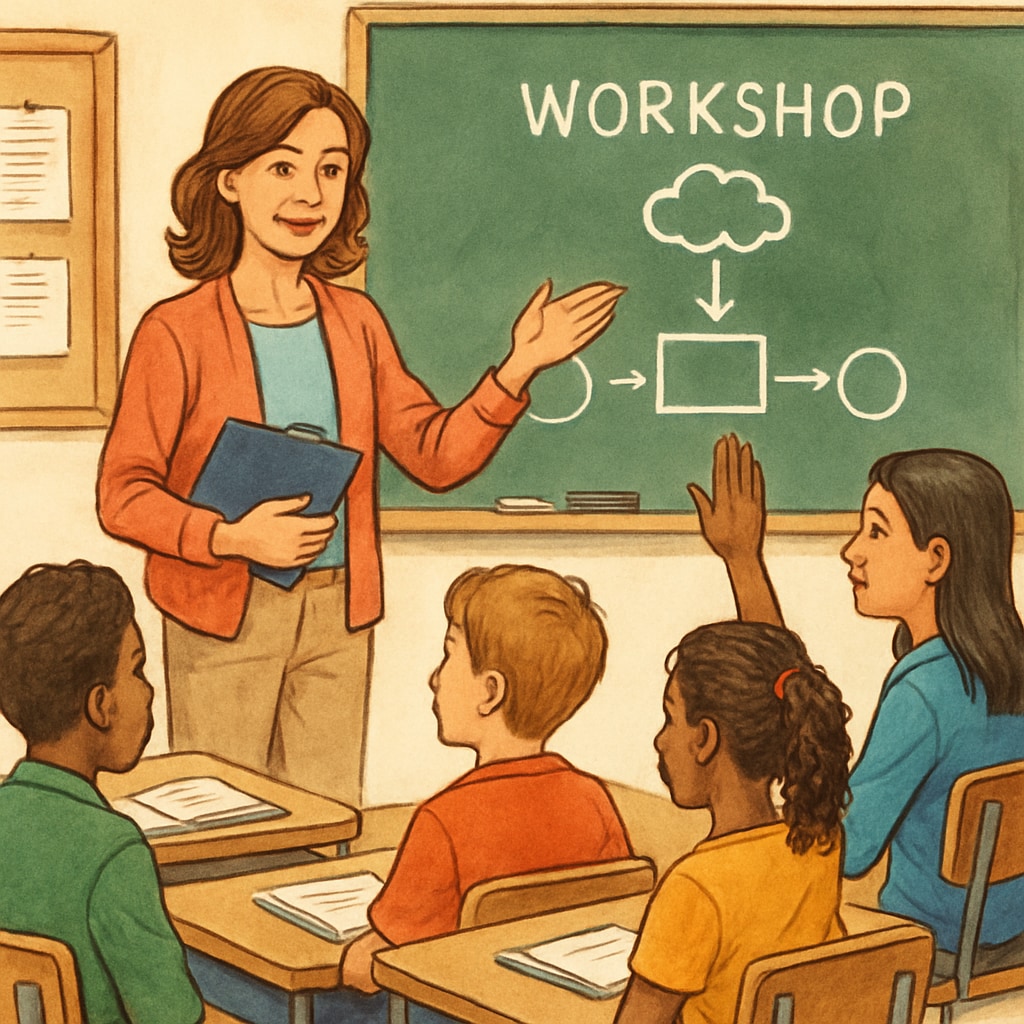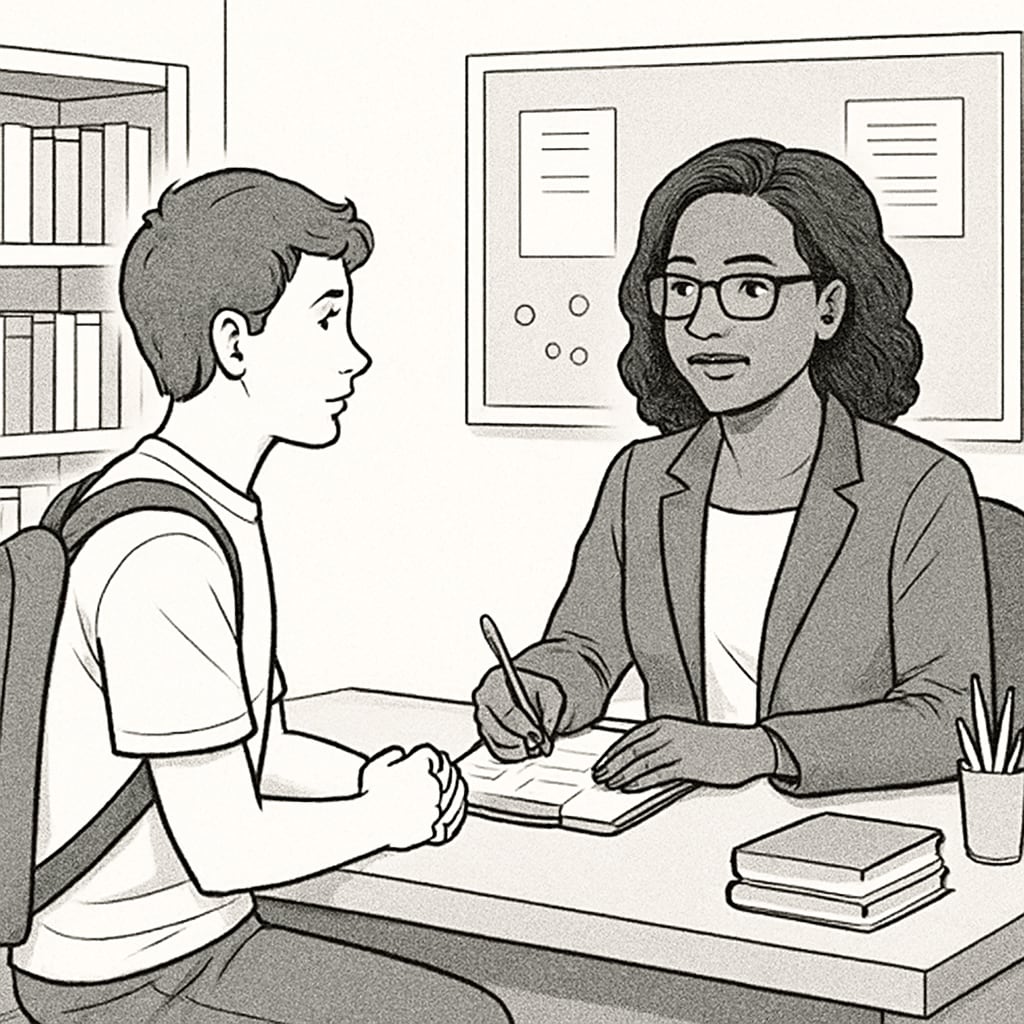School counselors are integral to the K12 education system, acting as a bridge between students’ academic development and their mental health needs. For educators, researchers, and even students working on projects like graduate assignments, understanding the nuanced responsibilities of school counselors is invaluable. This article delves into the unique role school counselors play, highlighting the differences and commonalities in their work at the middle and high school levels while offering a solid foundation for academic interviews and studies.
The Evolving Role of School Counselors in K12 Education
School counselors have come a long way from being mere academic advisors. Today, their responsibilities encompass a holistic approach to student well-being. They not only guide students in course selection and career planning but also address emotional challenges, peer conflicts, and even crises. According to the American School Counselor Association (ASCA), a school counselor’s role is to “help all students in the areas of academic achievement, career development, and social/emotional development.”
In middle schools, counselors often focus on helping students navigate the transition from childhood to adolescence, which includes fostering organizational skills, emotional regulation, and social development. Meanwhile, high school counselors tend to shift their focus toward college readiness, career exploration, and more complex personal challenges faced by teenagers.

Key Differences Between Middle and High School Counselors
Although middle and high school counselors share similar goals, their approaches differ based on the developmental stages of their students. Here’s a breakdown of their key differences:
- Focus Areas: Middle school counselors emphasize emotional growth and identity formation, while high school counselors prioritize academic achievements and post-graduation planning.
- Communication: Middle school counselors tend to interact more with parents and teachers to provide a support network, whereas high school counselors work more directly with students as they take increasing ownership of their futures.
- Challenges: Middle school students often grapple with bullying and self-esteem issues, while high school students face stress related to college admissions, standardized testing, and peer pressure.
Both roles, however, require adaptability, empathy, and strong communication skills to address the unique needs of their respective student groups effectively.
The Importance of Interviews with School Counselors
For those conducting academic research or completing graduate assignments, interviewing school counselors can provide invaluable insights. These professionals offer a front-line perspective on the challenges students face and the strategies that work in real educational settings. Key questions to consider during these interviews might include:
- How do you balance academic guidance with emotional support?
- What are the most common challenges faced by students at your school level?
- How has your role evolved in response to societal changes, such as the rise of social media?
Such questions not only help build a robust understanding of the counselor’s role but also provide practical data for educational research.

Conclusion: Why School Counselors Are Indispensable
School counselors serve as the backbone of student support systems in K12 education. Their ability to navigate the intersection of academic guidance and mental health support makes them indispensable in shaping well-rounded, resilient students. For researchers and graduate students, exploring this role through interviews and studies can uncover actionable strategies for enhancing educational practices.
As education continues to evolve, so too will the responsibilities of these campus guardians. However, their commitment to fostering the personal and academic growth of every student remains steadfast—a testament to the transformative power of their work.
Readability guidance: The article uses concise paragraphs, avoids overly technical language, and provides clear transitions. Lists are used to enhance readability, and external links offer credibility and additional resources for readers.


